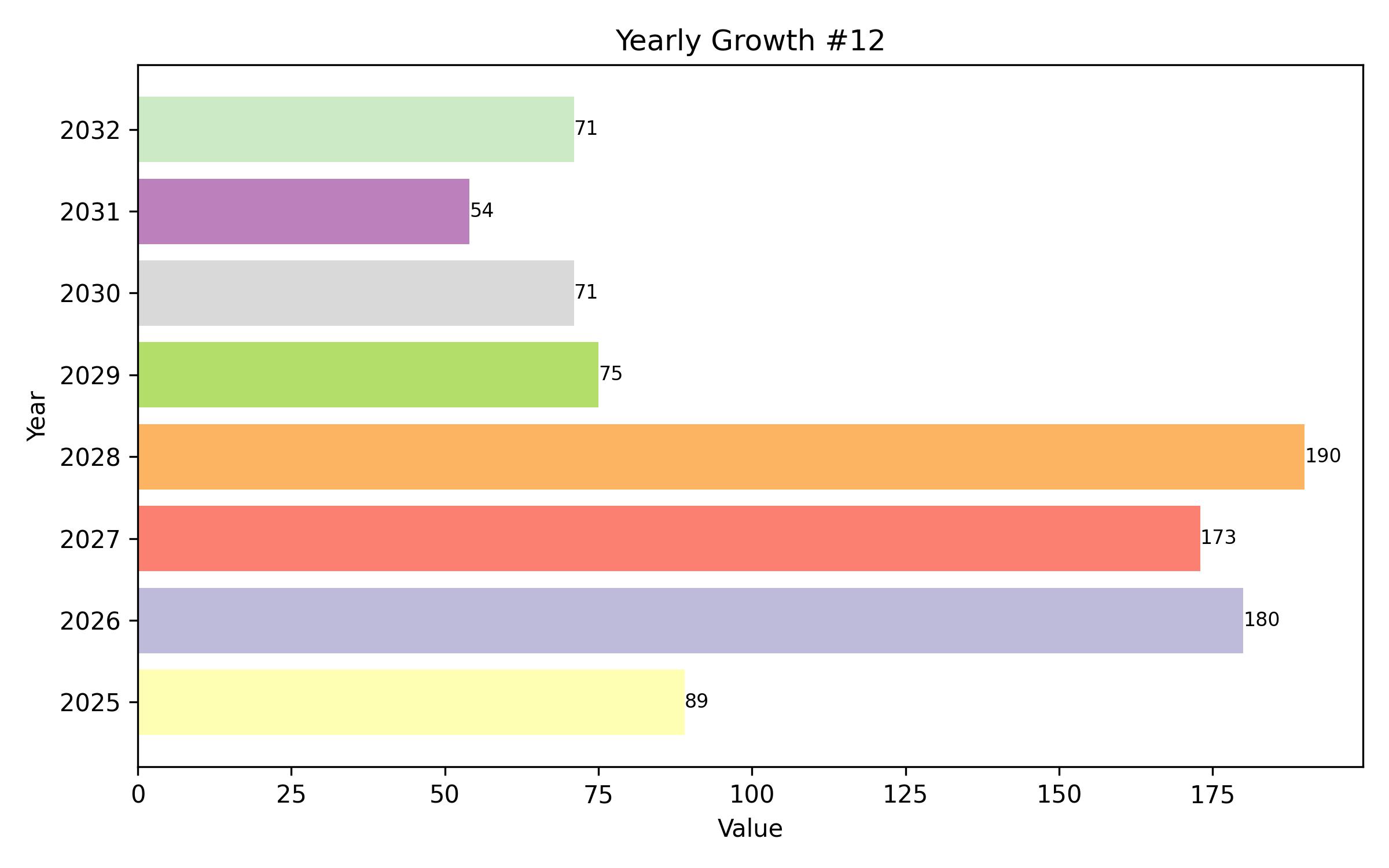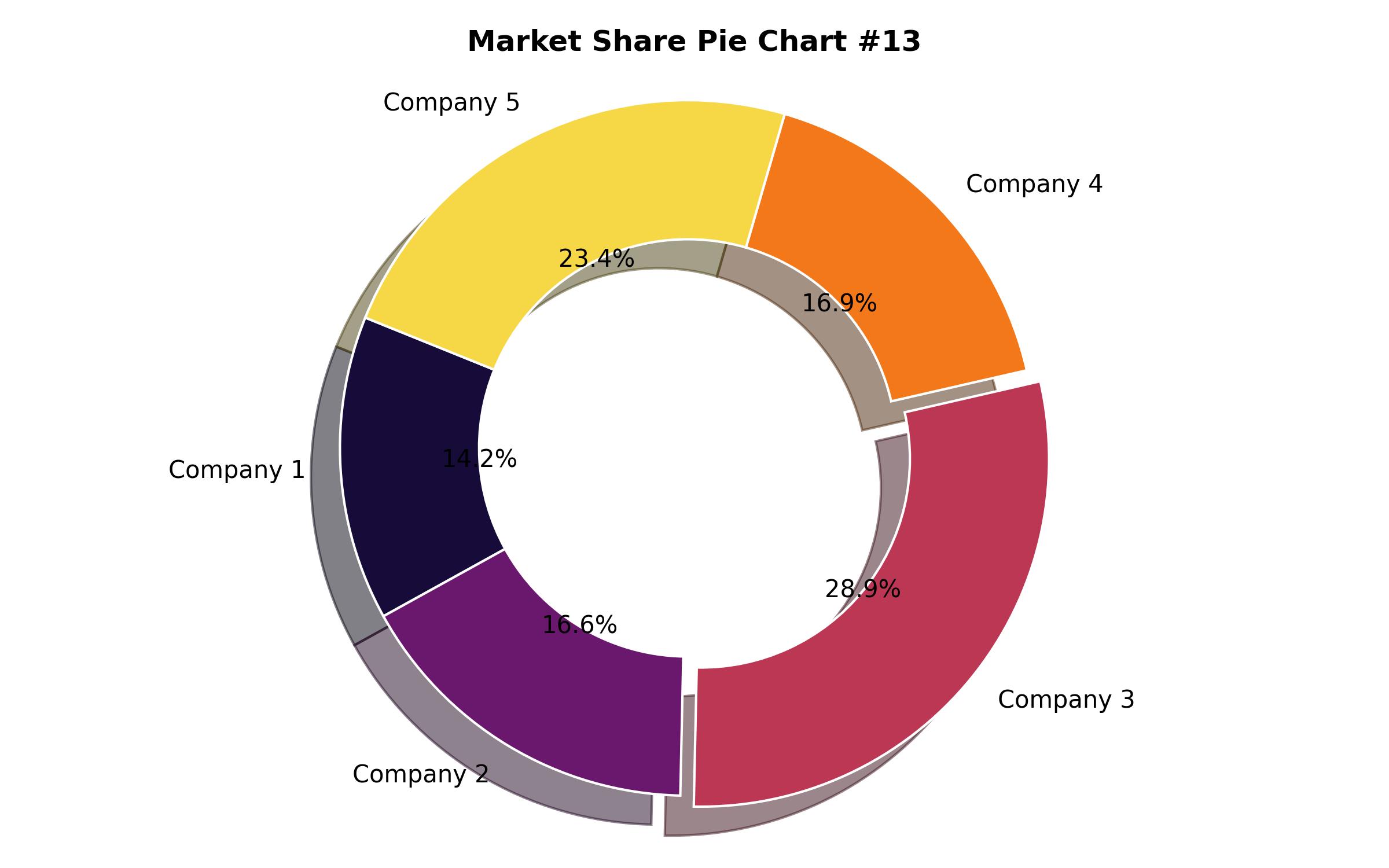Comprehensive Outlook of the Molecular Quality Controls Market: Industry Trends and Forecasts Through 2035
Overview:
The global molecular quality controls market is poised for substantial expansion in the coming years. Projections estimate the market size will reach USD 234.2 million in 2025, driven by increasing demands for precise and reliable diagnostic testing. The market is anticipated to experience sustained growth, reaching a valuation of USD 452.9 million by 2035, reflecting a compound annual growth rate (CAGR) of 6.7% from 2025 to 2035. This growth trajectory is underpinned by the rising adoption of molecular diagnostics across various healthcare settings.
The demand for molecular quality controls is significantly influenced by the growing emphasis on accuracy and standardization in diagnostic procedures. These controls play a crucial role in monitoring the performance of molecular assays, ensuring the reliability of test results, and complying with regulatory requirements. The increasing prevalence of infectious diseases and genetic disorders further fuels the need for robust quality control measures.
Technological advancements in molecular diagnostics, such as next-generation sequencing (NGS) and polymerase chain reaction (PCR), are also propelling market growth. These advanced techniques necessitate sophisticated quality control solutions to maintain data integrity and accuracy. The market is witnessing a shift towards more comprehensive and integrated quality control systems that can address the complexities of modern molecular testing.
Regionally, North America and Europe currently hold significant market shares, attributed to their well-established healthcare infrastructure and stringent regulatory frameworks. However, the Asia-Pacific region is expected to emerge as a high-growth market, driven by increasing healthcare investments and the rising adoption of advanced diagnostic technologies.
Key players in the molecular quality controls market include Bio-Rad Laboratories, Inc., Thermo Fisher Scientific, Inc., and LGC Limited. These companies are focused on developing innovative quality control solutions that cater to the evolving needs of diagnostic laboratories and healthcare providers. Strategic collaborations and partnerships are also prevalent as companies seek to expand their product offerings and geographic reach.
The future of the molecular quality controls market is promising, with ongoing advancements in technology and increasing regulatory emphasis on quality assurance. These factors will continue to drive market growth and innovation, ensuring the availability of reliable and accurate diagnostic testing worldwide.

Year On Year Growth Chart
“`html
| Report Attribute | Details |
|---|---|
| Market Size in 2025 | USD 234.4 million |
| Revenue Forecast for 2035 | USD 452.6 million |
| Growth Rate (CAGR) | 6.8% from 2025 to 2035 |
| Base Year for Estimation | 2024 |
| Historical Data | 2020 – 2024 |
| Forecast Period | 2025 – 2035 |
| Quantitative Units | Revenue in USD million and CAGR from 2025 to 2035 |
| Report Coverage | Revenue forecast, company market share, competitive landscape, growth factors, and trends |
| Covered Segments | Type, product type, and region |
| Regional Scope | North America, Europe, Asia Pacific |
| Country Scope | U.S., Canada, U.K., Germany, France, China, India, Japan, South Korea |
| Key Companies Analyzed | Bio-Rad Laboratories, Inc.; Thermo Fisher Scientific, Inc.; LGC Limited; Roche Diagnostics; Microbiologics, Inc. |
| Customization Options | Free report customization (up to 8 analysts working days) with purchase. Changes to country, regional, and segment scope |
| Pricing and Purchase Options | Customizable purchase options for tailored research needs |
“`

Key Companies Market Share
Report Coverage & Deliverables
- Market Trends And Dynamics
- Competitve Benchmarking
- Historical data and forecasts
- Value/Volume analysis
- Company revenue shares and key strategies
- Regional opportunities
This is an indicative segmentation. Please request a sample report to see detail segmentation of this market.
Detailed Market Segmentation
- By Type
- Independent Controls
- Instrument-Specific Controls
- Complete Workflow Controls
- By Product Type
- Quality Control Kits
- Quality Control Reagents
- Quality Control Software
- By Application
- Molecular Diagnostics
- Next-Generation Sequencing
- Polymerase Chain Reaction (PCR)
- Infectious Disease Testing
- By End-User
- Diagnostic Laboratories
- Hospitals
- Pharmaceutical & Biotech Companies
- Research Institutes
- By Region
- North America (U.S., Canada)
- Europe (U.K., Germany, France, Italy, Spain)
- Asia-Pacific (China, India, Japan, South Korea)
Table of Content
- Executive Summary
- Market Definition and Overview
- Global Molecular Quality Controls Market: Key Trends
- Global Molecular Quality Controls Market: Opportunity Analysis
- Global Molecular Quality Controls Market: Drivers and Restraints
- Global Molecular Quality Controls Market – Pricing Analysis
- Molecular Quality Controls Market Analysis 2025-2035, By Type
- Independent Controls
- Instrument-Specific Controls
- Complete Workflow Controls
- Molecular Quality Controls Market Analysis 2025-2035, By Product Type
- Quality Control Kits
- Quality Control Reagents
- Quality Control Software
- Molecular Quality Controls Market Analysis 2025-2035, By Application
- Molecular Diagnostics
- Next-Generation Sequencing
- Polymerase Chain Reaction (PCR)
- Infectious Disease Testing
- Molecular Quality Controls Market Analysis 2025-2035, By End-User
- Diagnostic Laboratories
- Hospitals
- Pharmaceutical & Biotech Companies
- Research Institutes
- Molecular Quality Controls Market Analysis 2025-2035, By Region
- North America
- Europe
- Asia-Pacific
- North America Molecular Quality Controls Market Analysis 2025-2035
- Europe Molecular Quality Controls Market Analysis 2025-2035
- Asia-Pacific Molecular Quality Controls Market Analysis 2025-2035
- Competitive Landscape
- Company Profiles
- Bio-Rad Laboratories, Inc.
- Thermo Fisher Scientific, Inc.
- LGC Limited
- Roche Diagnostics
- Microbiologics, Inc.
- Market Dynamics
- Strategic Recommendations
- Research Methodology
- Assumptions and Acronyms
